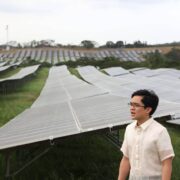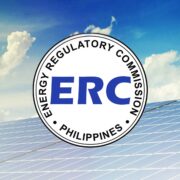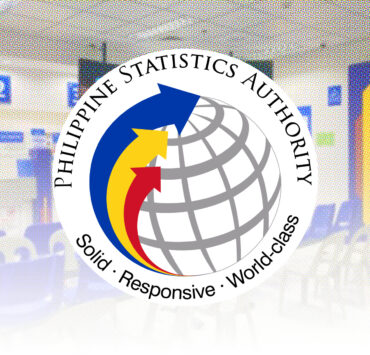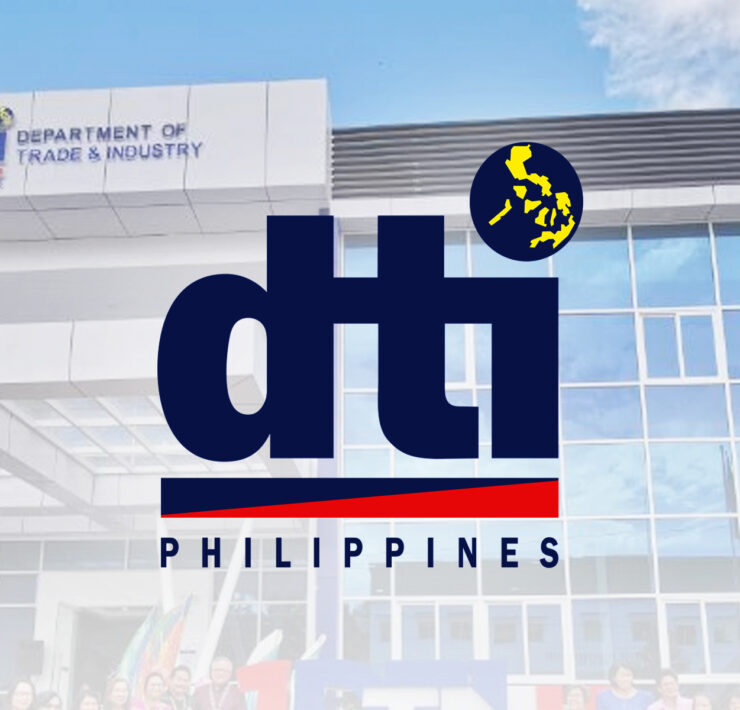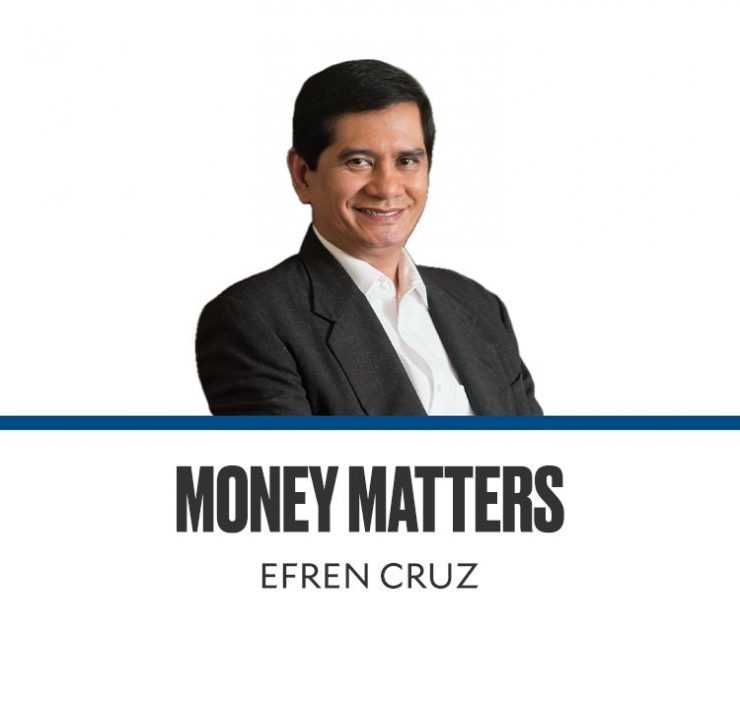To attract more funds, PH told to bolster sustainability rules
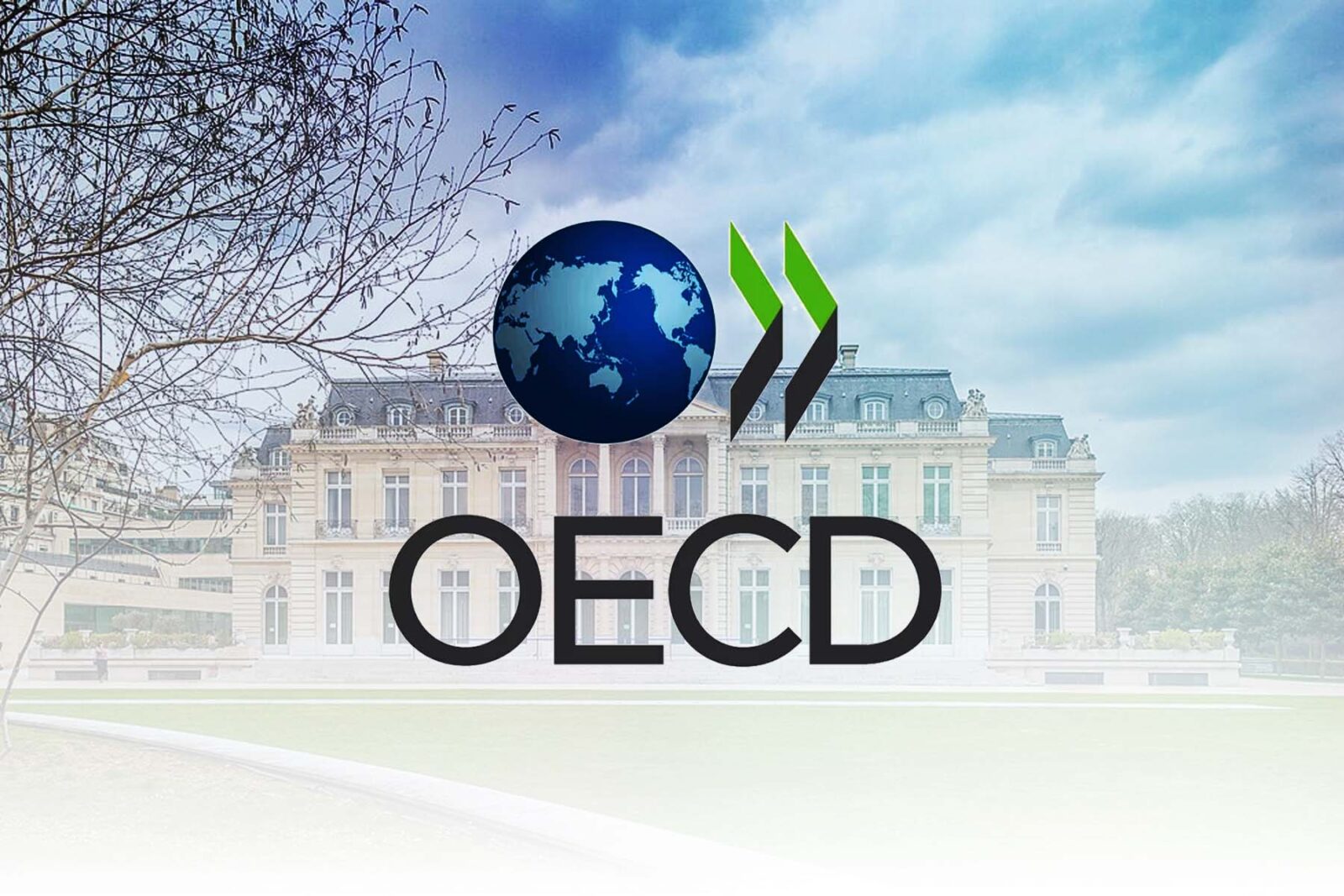
The Philippines needs to strengthen sustainability standards in major infrastructure projects to attract discerning foreign investors and donors, the Organization for Economic Co-operation and Development (OECD) said.
In a report released on Tuesday, the OECD said the Philippine Development Plan 2023–2028 had already laid out specific strategies and measurable actions that signal a commitment to integrating environmental, social and governance (ESG) considerations.
Still, the group said, more could be done to embed sustainability more deeply into infrastructure investments to meet the expectations of global investors.
The report noted that ESG criteria have expanded beyond environmental safeguards to include climate risk assessments.
Projects now face rigorous compliance checks at the feasibility stage. Emphasis is growing on sustainable technologies—from electric vehicles in urban centers to solar power integration and energy-efficient airport operations.
Companies operating in economic zones are also aligning their practices with the ESG standards of tenants and partners, reflecting a broader shift toward sustainability across supply chains.
“Further integrating ESG factors should be discussed by the government to ensure alignment with the various factors necessary to attract both ODA and foreign capital,” the OECD said.
ESG considerations in Philippine public-private partnerships, or PPP, are still evolving, the report noted.
With limited local regulations in place, private companies often take the lead in incorporating international standards into contract negotiations.
The country’s banking sector has also emerged as a driver of change, enforcing stricter ESG requirements for project financing.
The OECD said this shift has led to “more favorable capital requirements for sustainable finance,” encouraging companies to prioritize sustainability and pushing both public and private players toward stronger compliance even in the absence of comprehensive legislation at home.
“Banks and investors are increasingly adopting ESG-focused sustainable finance frameworks, driven by regulations and market demand,” the OECD noted.
“This trend has expanded funding opportunities for companies … with some banks offering more favorable terms for sustainable projects. However, implementation varies among institutions, with some conducting internal due diligence while others require third-party evaluations, influencing project financing decisions,” it added.






